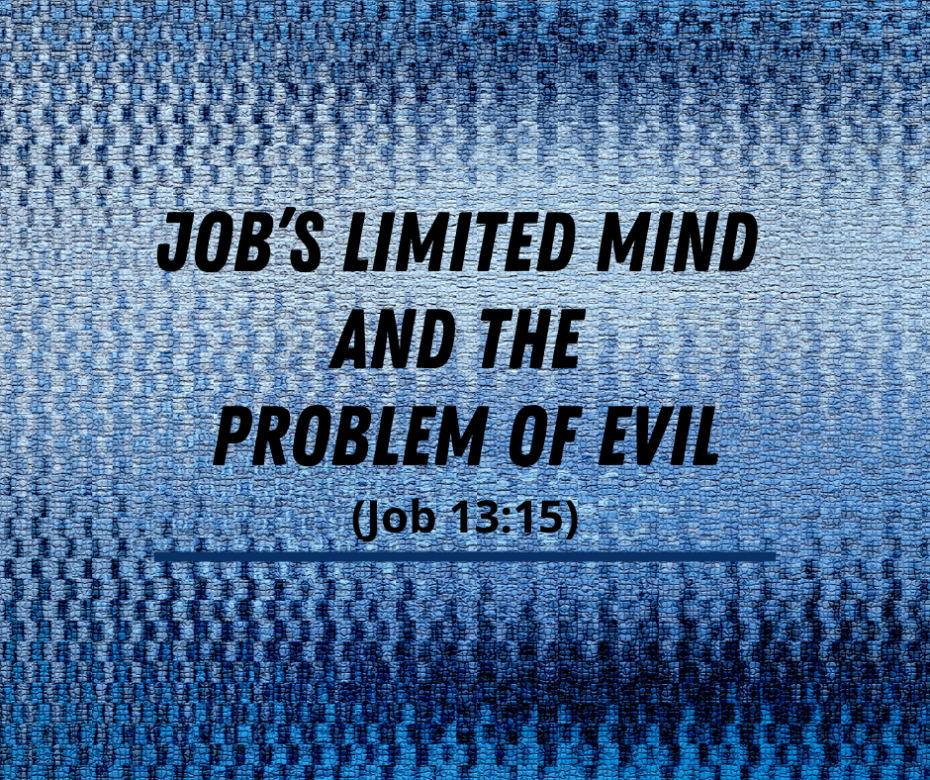The world is and has long been full of evil. As I write this, the COVID-19 pandemic has been sweeping the globe, and there are riots across the country in response to what appears to be a case of police brutality. Many people are dying. Even more are suffering.
I don’t think evil is a good argument for atheism, but it does call into question the existence of a good Creator. Why would God allow this to happen? How do you reconcile God and evil?
The Book of Job deals with the question of evil and suffering more than any other book of the Bible, and yet, it does not give us any answers. Job provides no philosophical solution to the problem of evil that I can see.
At the end of the book, when God shows up to answer Job’s charges, the Lord puts Job in his place by demonstrating how little he knows about creation. Job is powerfully reminded that he is a mere ignorant man, not a wise and powerful God. Hence, what God reveals is not the answer to the problem of evil, but the vast distance between what Job knows and what God knows. The difference between Job’s mind and God’s mind is at least as vast as the difference between a dog’s mind and Job’s mind. And just as you can’t expect a dog to understand everything a man does, likewise, you can’t expect a man to understand everything God does.
And that principle should give you some practical comfort.
How so?
Likewise, knowing the difference between your finite mind and God’s infinite mind gives you infinite room to trust God amid evil and suffering, even when you don’t understand what’s happening to you. As Job said—I think correctly—
Though He slay me, yet will I trust Him (Job 13:15a).


